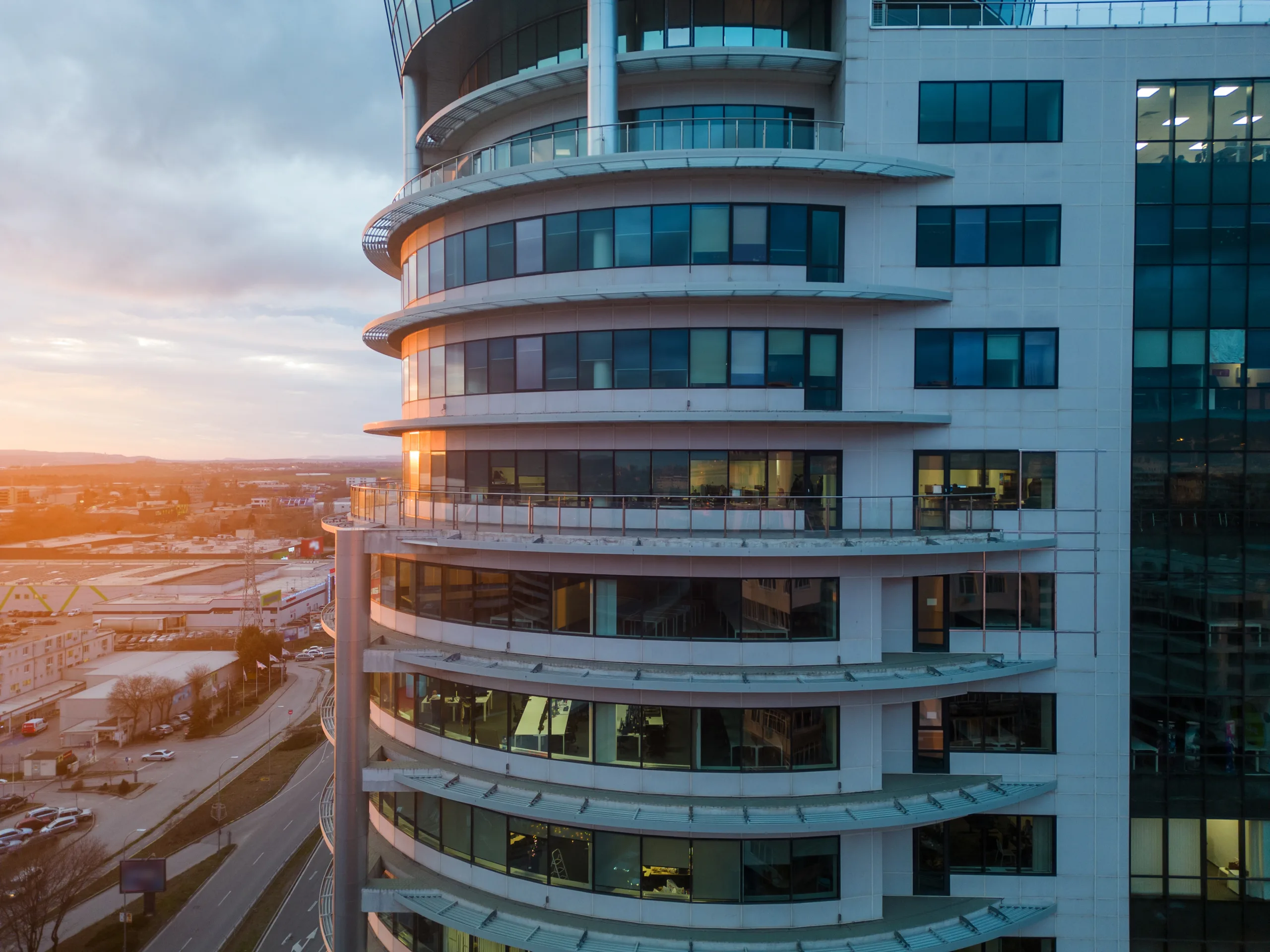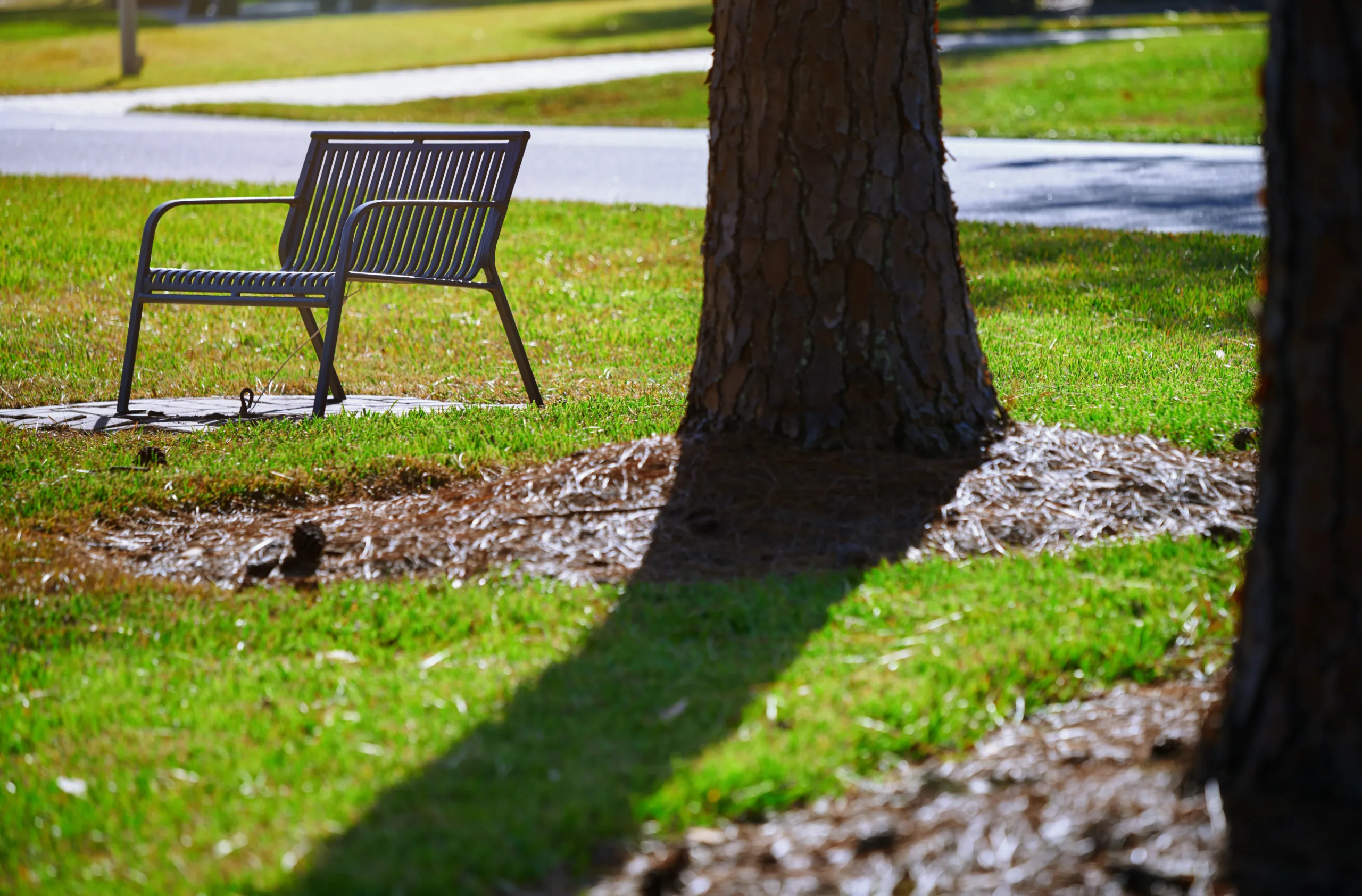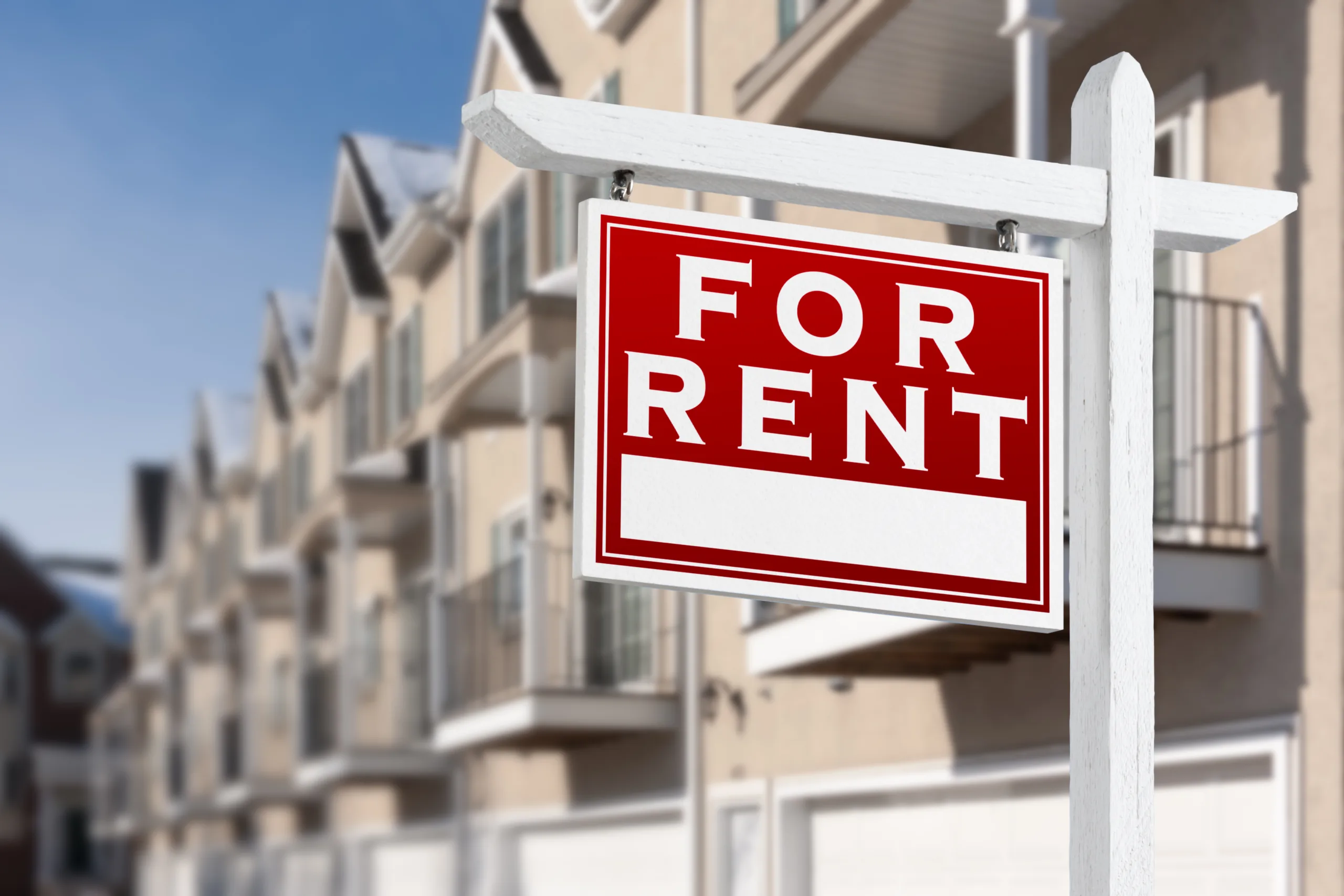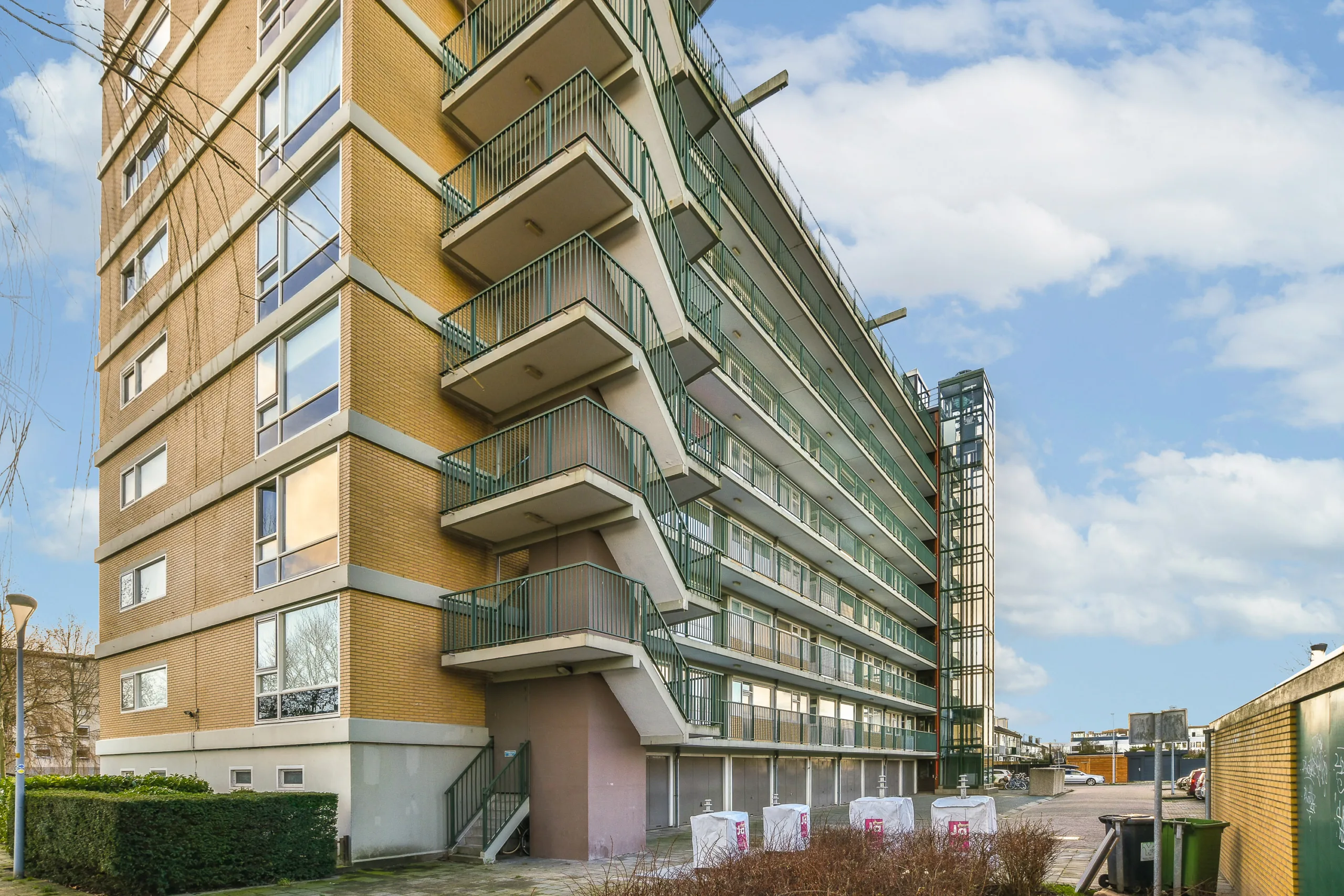- Austin introduced “DB90” zoning, allowing developers to build up to 90 feet in exchange for including affordable units. Since February, over 50 applications have been received.
- Developers must set aside a percentage of units for households earning below the median family income or pay a fee, depending on whether the project is for sale or rental.
- While the program encourages growth in urban areas, some officials express concerns about the impact of taller buildings on less dense neighborhoods.
According to The Real Deal, in a bid to increase affordable housing, Austin has introduced a Density Bonus 90 zoning program, offering developers the opportunity to build up to 90 feet high—30 feet more than previously permitted—if they include affordable housing in their projects.
The initiative, which took effect in February, has seen a wave of interest, with 56 applications submitted and 29 projects approved covering 125 acres as of mid-October.
Path to More Housing
The DB90 program aims to unlock the potential of underutilized properties by making it feasible for developers to achieve higher density. Chris Affinito, the managing partner at Notional Development Partners, explained that the bonus is helping to encourage mixed-use developments, transforming sites that might otherwise have remained purely commercial.
For projects intending to sell units, the guidelines stipulate that 12% of the units must be affordable for households earning 80% or less of the median family income. For rental developments, the requirements are slightly different: 12% of units must serve households earning 60% of the median income, or 10% for those earning 50% of the MFI.
Alternatively, developers can choose to pay a fee instead of setting aside affordable units.
Urban Boon
William Sayers, vice president of real estate development at Intracorp, noted that the program is particularly appealing in submarkets near downtown where demand and prices are higher. Intracorp is using the DB90 program for its Leland South Congress project, a 270-unit condominium development with retail space.
“The density bonus allows us to offer more units, including affordable options, while still providing the amenities and retail components that enhance the neighborhood,” Sayers said.
Get Smarter about what matters in CRE
Stay ahead of trends in commercial real estate with CRE Daily – the free newsletter delivering everything you need to start your day in just 5-minutes
Concerns About Delays
Despite the enthusiasm, some stakeholders caution that rezoning to benefit from the bonus can be a lengthy process.
Greg Anderson, a member of the Austin Planning Commission, emphasized that rezoning could take six months to a year, potentially delaying housing delivery. This concern highlights the need for streamlined processes to ensure the program’s success.
Balancing Growth
The introduction of taller buildings in certain neighborhoods has raised concerns among some residents and city officials.
Council member Mackenzie Kelly, who has been vocal about the need for zoning flexibility, warned against imposing 90-foot structures in less dense areas. She advocates for alternative zoning options that promote affordability without overwhelming existing communities.
Future of Affordable Housing
Austin’s DB90 zoning program represents a significant effort to address the city’s housing affordability crisis by incentivizing developers.
While it has proven to be popular, the program’s success will depend on how well it balances growth with community impact and how efficiently the city can handle rezoning requests.
As the city continues to grow, finding effective solutions for affordable housing remains a priority.


















